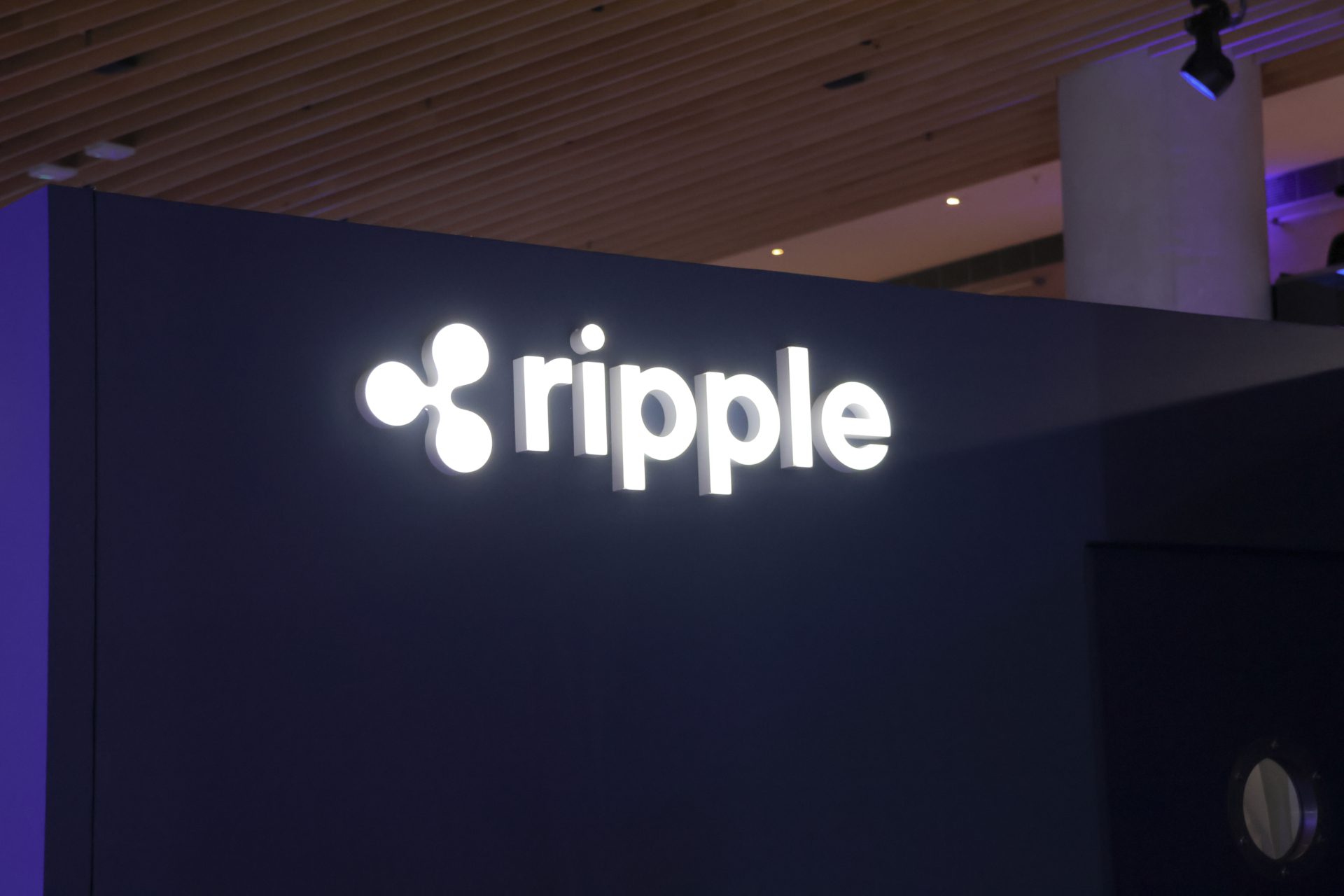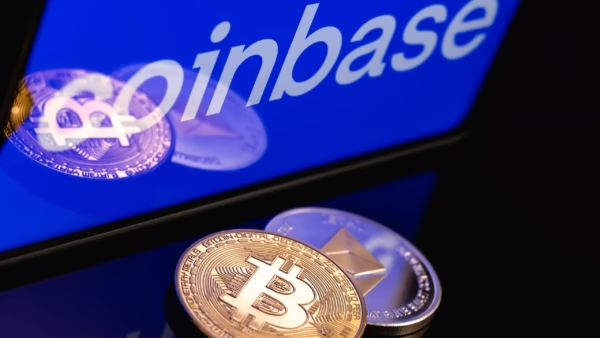In a remarkable development, South Korea’s stock market is witnessing an unprecedented surge fueled by a surge of enthusiasm in the digital asset sector. This trend has placed the nation at the forefront of Asian markets, particularly as investors anticipate the upcoming issuance of won-based stablecoins.
Investor Enthusiasm and Rising Stock Values
A notable shift in the investment landscape can be attributed to public excitement surrounding cryptocurrencies backed by the South Korean won, especially since the election of President Lee Jae-myung. His commitment to allowing cryptocurrency assets linked to the national currency has sent ripples through the market.
Prominent companies such as Kakao Pay and LG CNS, key players in the Bank of Korea’s emerging digital currency initiative, have seen their stock values soar. Kakao Pay’s shares have more than doubled recently, while LG CNS has experienced a nearly 70% increase before witnessing some profit-taking adjustments.
Meanwhile, the Kosdaq junior market has not been left behind; fintech security company Aton enjoyed a remarkable 80% stock jump, and ME2ON, a mobile game developer, saw its shares rise by a staggering 300%, driven by its introduction of a dollar-pegged stablecoin aimed at casino gaming.
Market Dynamics and Retail Investors
The recent market rally has undeniably drawn more retail investors into the fold. Data from the Korea Financial Investment Association reveals an astonishing rise in margin loans, totaling Won20.5 trillion (approximately $15 billion) as retail investors endeavor to capitalize on potential gains.
However, this surge in retail participation comes alongside a backdrop of regulatory uncertainty. Investors are evidently hopeful about upcoming policies regarding digital currencies, amplified by the appointment of Kim Yong-beom, a noted advocate of digital assets, as chief policy adviser to President Lee. This aspect has led to optimism regarding a parliamentary bill aimed at bolstering South Korea’s digital asset industry.
Regulatory Concerns and Market Risks
Despite the enthusiasm, apprehensions about possible systemic risks have emerged. The parliamentary bill proposes allowing companies with a minimal equity base of Won500 million to issue won-based stablecoins, prompting critics to express concerns about undercapitalized entities flooding the market.
Bank of Korea Governor Rhee Chang-yong has raised alarms regarding the potential repercussions of these stablecoins on capital flows and monetary policy. The central bank is currently preparing for a second pilot test of its digital currency while closely consulting with major commercial banks.
Broader Implications for the Community
As South Korea stands as a vibrant hub for cryptocurrency trading—where roughly 20% of the population participates—this digital asset craze has broader implications for the community and economy. With the first quarter of the year witnessing US dollar-pegged stablecoin transactions surging to Won57 trillion, the pressure on the Bank of Korea to adapt its digital currency strategies is mounting.
Industry insiders highlight the need for caution despite the thrilling market dynamics. As Hwang Sei-woon, a senior research fellow at the Korea Capital Market Institute, points out, while the introduction of won-pegged stablecoins seems likely, their actual impact on corporate earnings remains uncertain. High investor expectations must be tempered with an awareness of the ongoing regulatory landscape and infrastructural challenges.
Conclusion: Navigating a Volatile Landscape
The current excitement surrounding South Korea’s cryptocurrency market serves as a pivotal moment for both investors and policymakers. As the landscape continues to evolve rapidly, stakeholders must tread carefully, balancing the allure of potential profits with the essential need for robust regulatory frameworks to mitigate risks in this burgeoning financial ecosystem.



